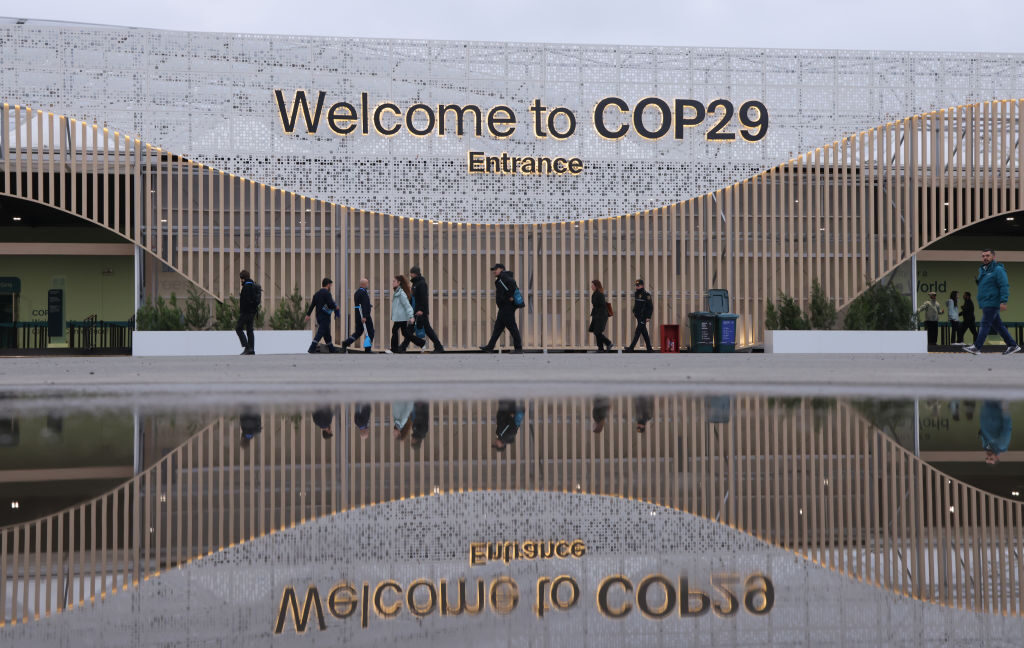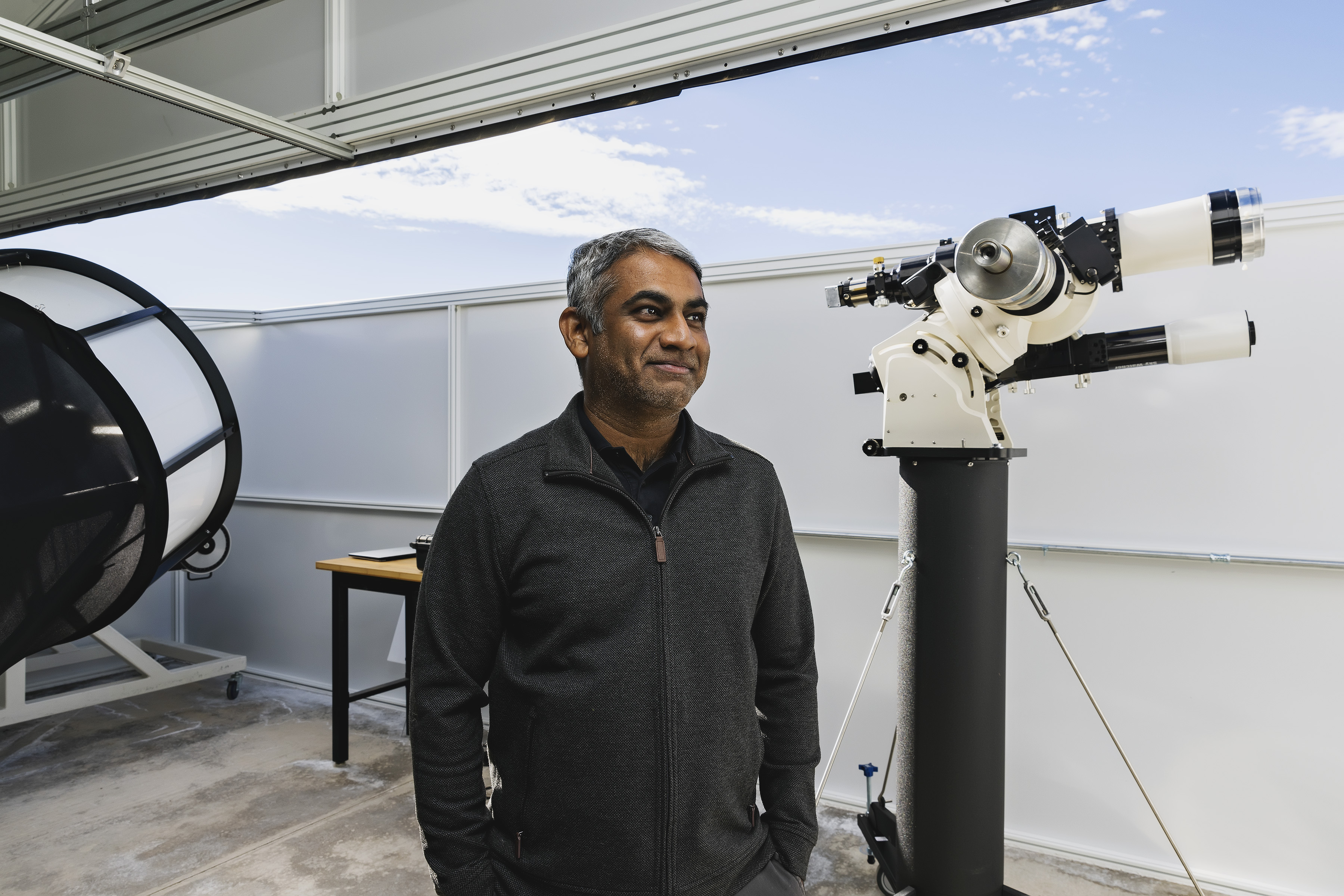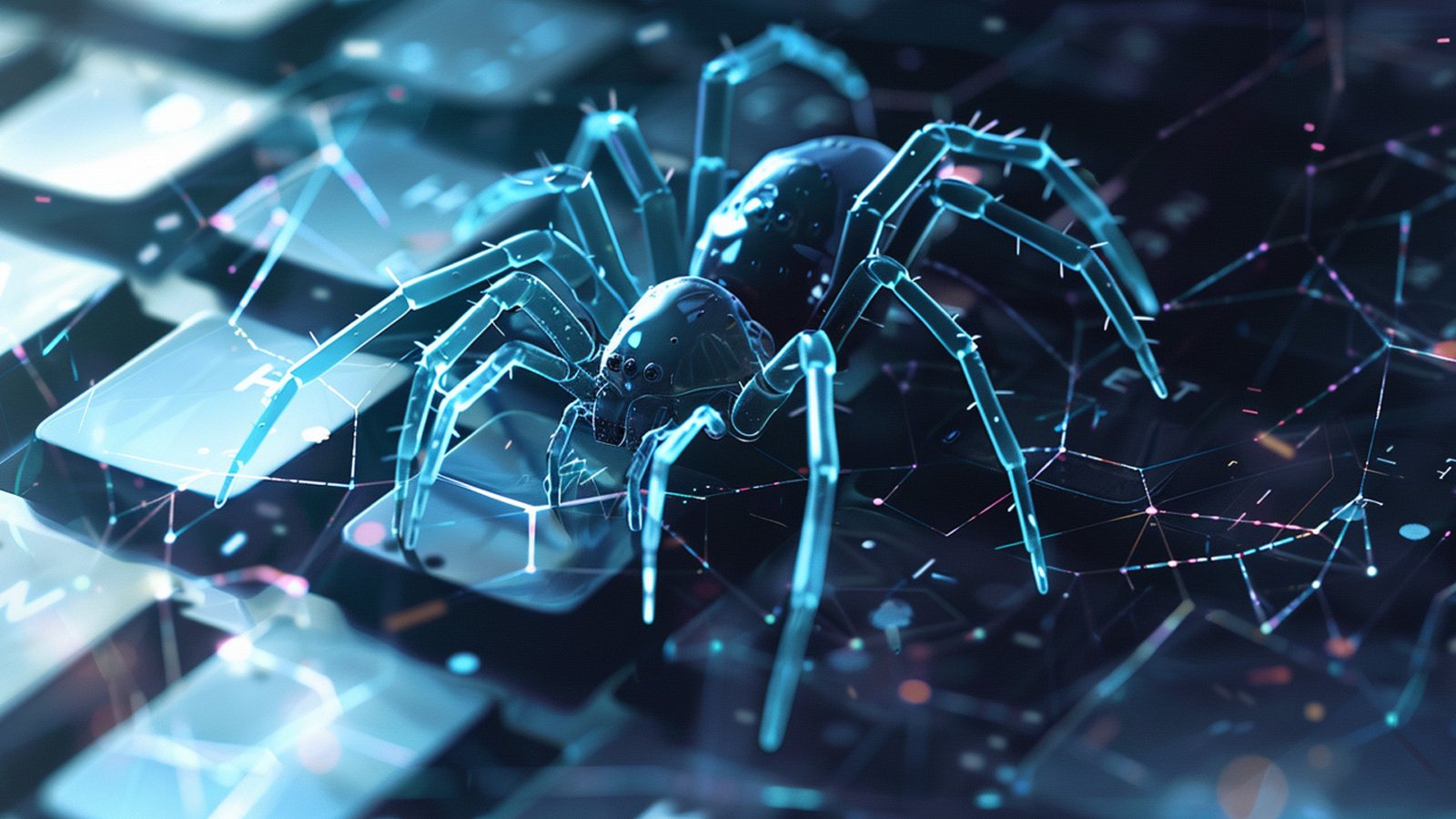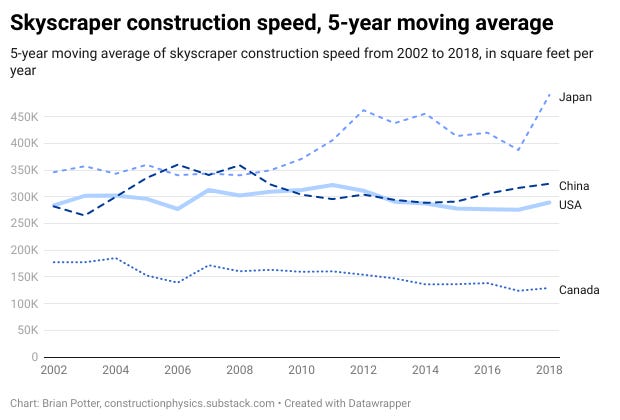
"Yellowstone" Is America’s Most-Watched TV Show, And For Good Reason
It may not be television’s best show, but with its willingness to play with the existential crises over land, identity, and power, there’s little doubt it’s America’s most important drama right now.
Sometime in July, I got COVID and exiled myself to my basement for six days. I periodically emerged for food, or a few minutes in the backyard, but for the most part I stuck to isolation. My only companions were bottles of Gatorade and Paramount+’s hit TV show Yellowstone. Over five days, I watched the four available seasons.
Yellowstone follows John Dutton, played by a gruff and grave Kevin Costner, a sixth-generation Montana rancher desperately trying to fend off the forces threatening to take the titular ranch — be it the city slicker gentrifiers, the neighboring (fictional) Native American tribe, or the various elements of government. On the sixth day, I anxiously started the series again. I’d noticed that, more than any other show on television, its politics were working on me without me ever being open to them. Somehow, by the time I finished a season of Yellowstone, I found myself just a little more libertarian than I ever thought I would be. How does this show do that? What mechanisms does it use to pull off this magic trick?
Yellowstone only debuted in the summer of 2018, but it’s already outdated to call it a mere TV show. The vast and ever-expanding world, helmed by creator Taylor Sheridan, can now be considered a proper universe. (Indeed, the folks at Paramount refer to something called The “Taylorverse.”) A prequel series, Yellowstone 1883, aired last year, while its follow-up, Yellowstone 1923, arrives in December. Spinoff 6666 will debut next year, and we’re already in spinoff-of-a-prequel territory: Bass Reeves, a spinoff from 1883, is due next year as well.














